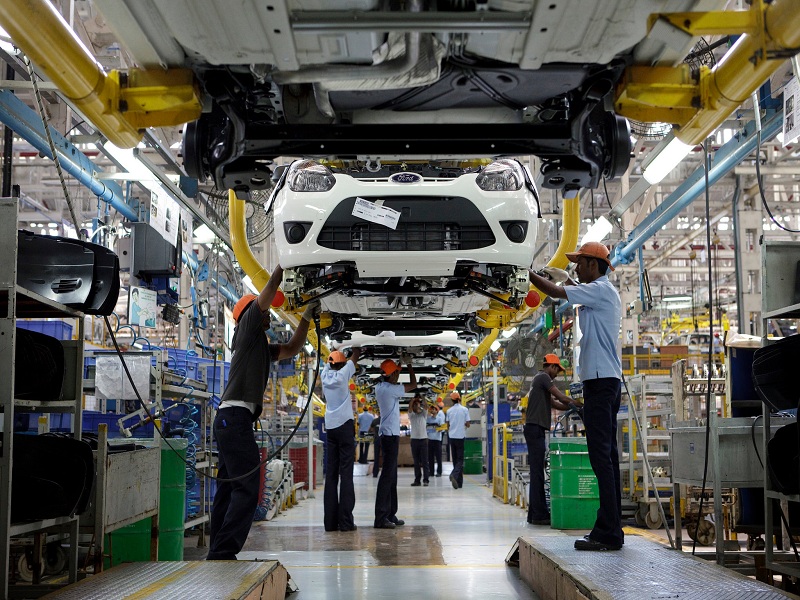International media reports say that Ford and Nissan are scaling back production in response to semiconductor shortages.
Ford is idling an SUV factory in Louisville, Kentucky this week, moving up downtime previously scheduled for later in 2021.
Nissan, meanwhile, is reducing output at its Oppama plant in Japan.
CNBC, ABC News and The Verge report that other brands may face trouble as well.
Volkswagen said in December that it was altering production in China, Europe and North America in light of the shortage.
Fiat Chrysler and Toyota have also talked about production issues.
GM hasn’t had to cut production, spokesman David Barnas told CNBC, but it’s keeping an eye on chip-related issues.
The shortage surfaced in late 2020 after the demand for cars spiked following pandemic-related factory shutdowns for two months.
These issues might be difficult to avoid at a time when car production and demand are unstable.
Modern cars are highly dependent on chips for driver assistance features, infotainment systems and basics like steering.
Until chip availability and car demand are under control, delays and limited inventory might be relatively commonplace.

